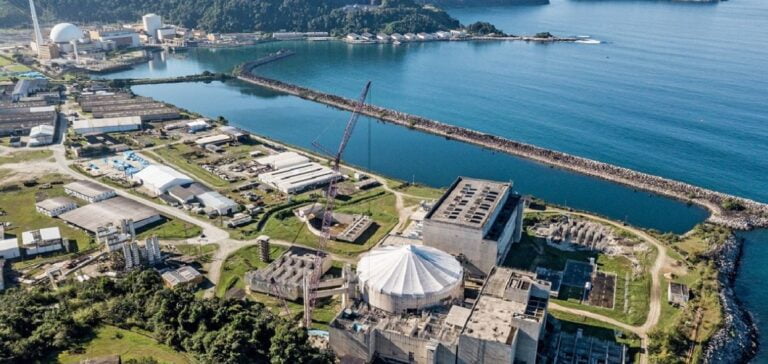Recent legislation passed by the US Senate aims to ban the import of uranium enriched in Russia or by a Russian entity. Awaiting President Joe Biden’s signature, the law is expected to go into effect 90 days after passage, although exemptions are provided to address domestic supply concerns for nuclear reactors until 2028. These exemptions could mitigate the immediate effects of the ban, but the disruption is likely to affect both the USA and the global nuclear fuel market.
Reply from Rosatom
Rosatom, Russia’s state-owned nuclear company, said the U.S. move would have a negative impact on the global nuclear fuel market, calling it a “political” rather than an economic decision. The company is committed to honoring its contractual obligations to its partners, while stressing the importance of maintaining market stability in the current context of global energy transition. However, Rosatom did not specify the impact of this ban on its operations, mentioning only a strategy of geographic diversification of supplies.
The Challenges of Diversification
Since 2022, Europe and North America have been seeking to reduce their dependence on the Russian nuclear sector following the invasion of Ukraine. Despite these efforts, a significant proportion of the nuclear fuel consumed in these regions comes from Russia, underlining the challenges of diversifying sources. The possibility that Rosatom might react by cutting off deliveries is worrying US nuclear industry officials, although the company says it will strive to meet its commitments.
Impact Management
The US ban highlights the complexity of the global nuclear supply chain. Industry players will now have to explore new sources to guarantee continuity of supply and limit price volatility. On the other hand, this situation could accelerate nuclear development programs in North America and Europe, while reinforcing the need for pragmatic, balanced solutions to the challenges posed by the energy transition.
The ban on US imports of Russian enriched uranium raises major supply challenges, both for the USA and for the global nuclear fuel market. The US decision illustrates the need for greater diversification of sources, while highlighting the interconnected nature of global energy markets.






















